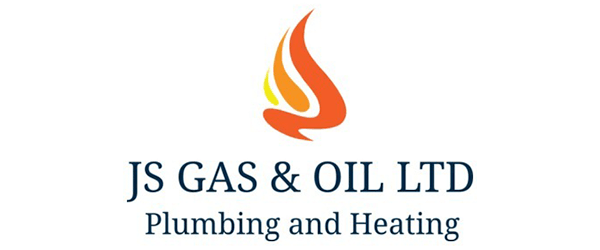Navigating home heating solutions can be complex, but understanding combi boilers is crucial for homeowners looking to optimise their property's heating and hot water systems. A combi boiler represents a modern, efficient approach to domestic heating that has transformed how UK households manage their energy consumption.
Unlike traditional heating systems that rely on separate components, combi boilers – short for combination boilers – integrate central heating and hot water production into a single, compact unit. We'll help you determine whether this heating solution aligns with your household's specific requirements and energy efficiency goals.

What is a Combi Boiler?
A combi boiler, short for combination boiler, is a high-efficiency water heater and central heating unit combined into a single compact system. This type of boiler provides both space heating and domestic hot water directly from the mains water supply, eliminating the need for separate hot water cylinders or cold water storage tanks.
How Does a Combi Boiler Work?
Combi boilers operate using a dual-purpose heat exchanger system. When a hot water tap is turned on, cold water from the mains supply flows through a pipe into the boiler. The boiler's gas burner ignites, heating the primary heat exchanger. As water passes through this exchanger, it's rapidly heated to the desired temperature.
For central heating, the process is similar. When the heating is activated, the boiler fires up and heats water in the primary heat exchanger. This hot water is then circulated through the radiators and underfloor heating systems in the property.
Modern combi boilers utilise condensing technology to maximise efficiency. This process extracts additional heat from waste flue gases, which would otherwise be lost, by condensing water vapour back into liquid form. This latent heat is then used to preheat cold water entering the boiler, significantly improving overall efficiency.
Many current models also feature a pre-heat system, which maintains a small reservoir of hot water. This ensures rapid delivery of hot water when taps are turned on, reducing waiting times and water wastage.
Advantages of a Combi Boiler
Compact Size: Combi boilers are notably smaller than traditional heating systems, making them ideal for properties with limited space. The absence of external water tanks or cylinders means they can often be installed in a kitchen cupboard or small utility room.
High Efficiency: With condensing technology and advanced heat exchange systems, combi boilers can achieve efficiency ratings of over 90%. This translates to lower energy consumption and reduced heating bills.
Cost Savings: The initial purchase and installation costs of combi boilers are generally lower than those of conventional systems. The simplified installation process, requiring fewer components and less pipework, contributes to these savings.
Hot Water on Demand: Combi boilers provide hot water directly from the mains supply, ensuring a constant flow of hot water at mains pressure. This eliminates the need to wait for a cylinder to reheat and provides better shower performance in many cases.
Disadvantages of a Combi Boiler
High Demand Issues: One of the primary drawbacks of combi boilers is their struggle to meet high simultaneous demand. In larger households where multiple hot water outlets might be used concurrently, the boiler may struggle to maintain consistent temperature and flow.
Water Pressure Concerns: The performance of a combi boiler is directly tied to the mains water pressure. In areas with low water pressure, this can result in reduced flow rates and potentially impact the boiler's efficiency.
Lack of Backup: Unlike systems with hot water cylinders, combi boilers don't offer a backup immersion heater option. This means that in the event of a boiler failure, there's no alternative method for producing hot water.
Space Requirements: While combi boilers are compact, they still require careful consideration for installation. Adequate space must be available for the unit itself, as well as clearance for maintenance and ventilation.
Choosing the Right Combi Boiler
Selecting an appropriately sized combi boiler is crucial for optimal performance. The boiler's power output, measured in kilowatts (kW), should match the property's heating and hot water requirements.
As a general guide:
- 24-27kW for small to medium homes with one bathroom
- 28-34kW for medium to large homes with up to two bathrooms
- 35-42kW for larger homes with multiple bathrooms
However, these are rough estimates, and a professional heating engineer should always be consulted to determine the exact requirements based on factors such as property size, insulation levels, and hot water usage patterns.
Installation and Maintenance
Proper installation is paramount for the efficient and safe operation of a combi boiler. It's essential to use a Gas Safe registered engineer to ensure compliance with all relevant regulations and standards.
Regular maintenance is key to maintaining the boiler's efficiency and longevity. Annual servicing by a qualified professional can identify potential issues early, ensure optimal performance, and maintain the warranty validity. Homeowners should also be aware of basic maintenance tasks, such as checking system pressure and keeping the area around the boiler clear and well-ventilated.
FAQs
Contact Us
Need a heating engineer you can rely on across Burnley, Ramsbottom, Rossendale, or Rochdale? Simply call us on 07791 802791 and we'll be happy to help.


